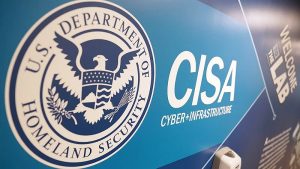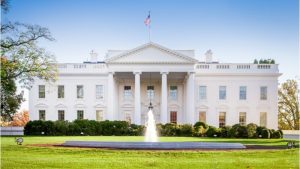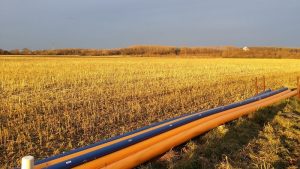The University of Nebraska-Lincoln (UNL) has partnered with SkillStorm, a tech talent accelerator, with the aim of closing technology industry talent gaps across the Midwest.
The evolving cyber threat landscape makes it clear that organizations in the public and private sectors must be prepared to maintain operations and address new cyber threats and challenges as they arise – including schools that have unique security needs and considerations that require specific cybersecurity resources.
As part of its broader migration to the cloud, University of Tennessee (UT) System is rolling out Oracle Fusion Cloud Student as its new student information system.
A group of House Democrats reintroduced legislation late last week that aims to limit the ability of law enforcement agencies to use facial recognition technologies.
The White House is asking Congress for an additional $9.1 billion to support the Federal Communications Commission (FCC), including $6 billion to help fund its Affordable Connectivity Program (ACP) and $3.1 billion for the FCC to fund the removal of outdated communications infrastructure operated by providers.
Kansas Gov. Laura Kelly has tapped Jeff Maxon to become the state’s new chief information technology officer (CITO) and leader of its Office of Information Technology Services (OITS).
The Biden-Harris administration, through the Department of Commerce’s (DoC) Economic Development Administration (EDA), today announced the designation of 31 technology hubs across the country as part of the first phase of the new Tech Hubs program.
The Federal Communications Commission (FCC) announced $53.4 million in funding for the Emergency Connectivity Fund (ECF), which provides funding for digital tools and services to support students.
The National Telecommunications and Information Administration (NTIA) is in charge of a $1 billion grant program to improve middle-mile broadband infrastructure, but a new Government Accountability Office (GAO) report reveals that the NTIA has not established measurable goals for the program.
New York City (NYC) has released its “first-of-its-kind plan” to utilize AI for government operations across different government agencies and offices to help streamline operations for essential programs.
Archives
- June 2025 (1)
- December 2024 (1)
- November 2024 (1)
- October 2024 (1)
- September 2024 (1)
- August 2024 (1)
- July 2024 (1)
- June 2024 (1)
- May 2024 (1)
- April 2024 (1)
- March 2024 (1)
- February 2024 (1)
- January 2024 (1)
- December 2023 (1)
- November 2023 (1)
- October 2023 (1)
- September 2023 (1)
- August 2023 (1)
- July 2023 (1)
- June 2023 (1)
- May 2023 (1)
- April 2023 (1)
- March 2023 (1)
- February 2023 (1)
- January 2023 (1)
- December 2021 (1)
- October 2021 (1)
- June 2021 (1)
- May 2021 (2)
- April 2021 (2)
- March 2021 (4)
- February 2021 (1)
- February 2020 (1)
- October 2019 (2)
- September 2019 (3)
- August 2019 (1)
- July 2019 (2)
- December 2018 (1)
- February 2018 (1)
- September 2017 (3)
- November 2016 (2)
- October 2016 (3)
- September 2016 (1)
- April 2016 (1)








